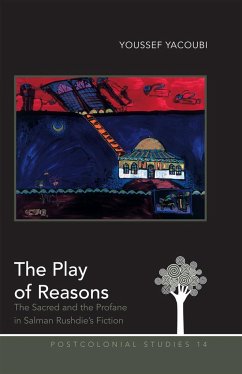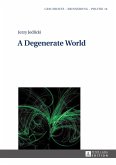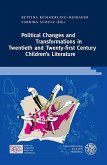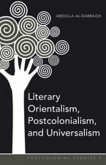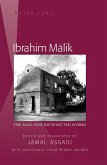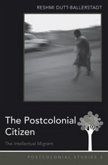The Play of Reasons argues that Salman Rushdie's eclectic and hybridized work can be situated within an Islamic genealogy of theological and literary traditions. Rushdie's prose is difficult to conceive as unitary in meaning precisely because it operates according to a polymorphous Islamic literary and theological register, while also being divided by the Greek, Abrahamic, and Indian dimensions. There is a parallax when Rushdie is viewed from within Islamic traditions, creating interest in a certain postcolonial saturation of Islamic literary traces, theological, and political anxieties; closures and ruptures of the sacred and the profane. Rushdie's writing is neither essentially Islamic or Indian, nor essentially Western or Greek, but to read him, in terms of an Islamic tradition, is an intervention in what the author calls «Diasporic criticism.» Rushdie's work construed as «a kind of philosophy-in-literature» foregrounds an engagement with a number of Muslim «masters of suspicion» (classical and modern), whose literary and philosophical ideas have been deeply immersed in the limits of tradition. In the final analysis the author argues that Rushdie's prose demonstrates the extent to which literature is committed to a critical reconceptualization of history, truth, meaning, and value systems based in the possibilities of risk, constructive doubt, and contingency.
«Youssef Yacoubi does justice to Salman Rushdie's complex prose by astutely teasing out the interplay of Islamic traditions with Greek and Hindu influences in his postmodern magical realism. In the process, Yacoubi also offers a nuanced, postcolonial reading of Islam, one that identifies a reflexivity in its literary and theological traditions.» (Gyan Prakash, Department of History, Princeton University)
«Youssef Yacoubi's book offers new and fascinating perspectives on one of the most notorious cultural and religious controversies of recent times. It is also an original and important contribution to Salman Rushdie scholarship, postcolonial criticism, and Islamic theological debates and studies.» (Isabel Santaolalla, Department of Media, Culture and Language, University of Roehampton, London)
«One of the strongest tropes of the play of reason, in any culture, is the requirement for more light than heat in engagement with criticism whether textual or contextual. Youssef Yacoubi's tireless commitment to patient enlightenment is achieved by the avoidance of the rhetoric of over-heated debates on Salman Rushdie and related matters. The attentive reader of this book will be inspired to do no less.» (Bernard McGuirk, Professor of Romance Literatures and Literary Theory, Director of International Consortium for the Study of Post-Conflict Cultures, University of Nottingham)
«Youssef Yacoubi's book offers new and fascinating perspectives on one of the most notorious cultural and religious controversies of recent times. It is also an original and important contribution to Salman Rushdie scholarship, postcolonial criticism, and Islamic theological debates and studies.» (Isabel Santaolalla, Department of Media, Culture and Language, University of Roehampton, London)
«One of the strongest tropes of the play of reason, in any culture, is the requirement for more light than heat in engagement with criticism whether textual or contextual. Youssef Yacoubi's tireless commitment to patient enlightenment is achieved by the avoidance of the rhetoric of over-heated debates on Salman Rushdie and related matters. The attentive reader of this book will be inspired to do no less.» (Bernard McGuirk, Professor of Romance Literatures and Literary Theory, Director of International Consortium for the Study of Post-Conflict Cultures, University of Nottingham)

